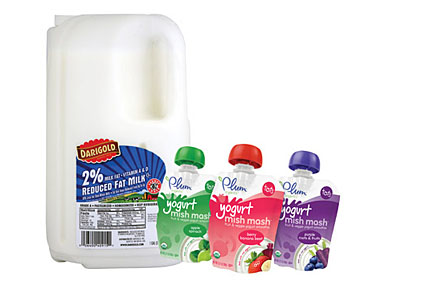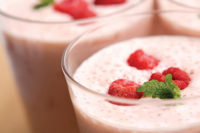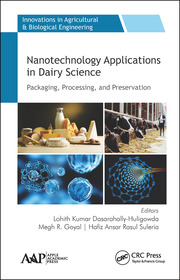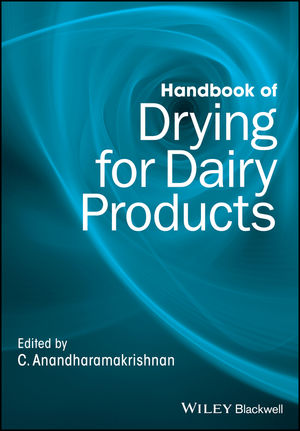Dairy foods need the perfect package
What would be the perfect package? One that protects the product, has a small carbon footprint, benefits the retailer and processor, and is accepted by consumers.


|
Dairy processors seek the perfect package, whatever the food or beverage. The package needs to be sustainable and protective of the product. Bottles or containers must also offer the consumer convenience.
Darigold, the venerable Northwest dairy cooperative based in Seattle, found success with a plastic, caseless milk bottle. Plum Organics, a new player in dairy foods, is using a squeezable yogurt pouch that permits toddlers to feed themselves.
Milk cases (crates) are sturdy containers. They are so durable and desirable that they are stolen from retailers. Aside from the cost to replace the cases, there are costs even when they are returned, including transportation back to the plant, and water and energy to wash them.
In 2007, Darigold launched a packaging and materials-handling initiative that has resulted in a caseless milk jug. The plastic bottle can be palletized without being placed in a case. It is a big hit with big-box retailers who merchandise pallet-loads of milk.
The design makes the plastic jugs more rigid. The bottles are flat on the top and bottom, so they can be stacked. The design uses a screw-on cap. Darigold invested $21 million in its Rainier Avenue plant in Seattle to install state-of-the-art blow-molding equipment. A caseless line is also planned for the Salt Lake City processing plant, says Darigold vice president Steve Rowe.
Rowe told Dairy Foods that Darigold saves on transportation costs with the caseless jug because truck drivers no longer make stops at retailers to pick up the crates. Furthermore, the company created a backhaul business that generated $190,000 in revenue in 2009, according to a Darigold document.
The package design reduced product handling, from 23 “touch points” to eight. The benefits include energy savings, labor savings and reduction in storage needs. All of these moves resulted in lower truck-fuel consumption and packaging waste, and have “substantially” improved efficiency throughout the supply chain, according to Darigold’s 2010 Social Responsibility Report. Another supply chain improvement has been to receive caps shipped in bulk containers instead of cardboard boxes. That move reduced inbound truckloads by 41 and saved 100,000 truck miles.
Yogurt in foil pouches
Plum Organics, Emeryville, Calif., sells baby foods and snacks. This year it began marketing shelf-stable yogurts in spouted pouches made of three layers of food-grade aluminum film. The foods are merchandised in the toddlers’ food set in Safeway grocery stores, Babies “R” Us and Target, says Sangita Forth, vice president of brand for Nest Collective, which manages the Plum Organics brand.
The 3.17-ounce packages are sold in single counts and four-packs. The BPA-free packages have a re-sealable cap, which is recyclable. Terracycle will accept the foil pouches; it repurposes the material into other consumer products.
Forth says the packages are more convenient than cups, which require a spoon, and tubes with tear notches. Toddlers can “self feed,” she says, while sitting in their car seats. They squeeze and suck on the packages. Once opened, the shelf-stable foods must be consumed within 24 hours.
The yogurts are co-packed in the United States and Canada. The yogurts are made with organically grown fruits and vegetables. One combines apple and spinach. A higher protein Greek yogurt version will be launched in March.
Looking for a reprint of this article?
From high-res PDFs to custom plaques, order your copy today!







